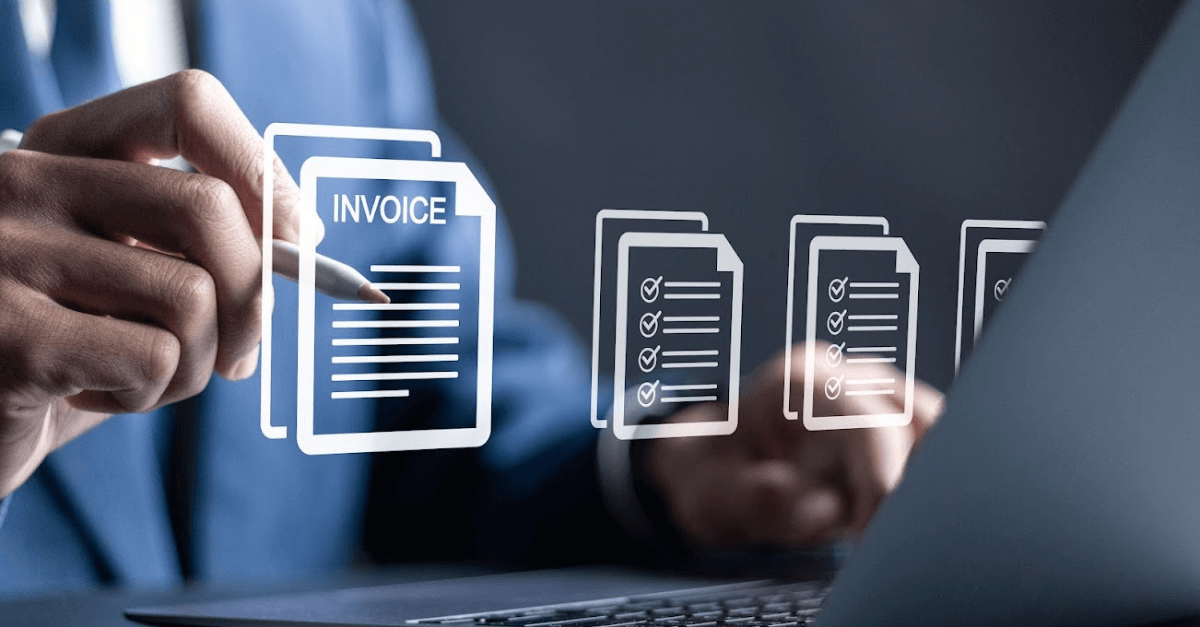Six key facts about Belgium's electronic invoicing progression
Six facts will tell you everything you need to know about Belgium's electronic invoicing progression.

1. Belgian public sector suppliers are obliged to send and receive electronic invoices
2015 was the start of mandatory electronic invoicing (e-invoicing) in Belgium. The first mandate required the Flemish public sector to process e-invoices.
The public sector mandate expanded over the next few years into the Brussels region and evolved to include both the sending and receiving of electronic invoices.
The public sector e-invoicing mandate did not stop there. On the 31st of March 2022 it was announced that issuing electronic invoices would be expanded on a nationwide scale and would also include public sector supplier contracts. The mandatory date for public sector suppliers will be based on the value of the contract
- 1 November 2022 or 6 months after the Decree is published - for contracts for an amount higher than the threshold of €215,000
- 1 May 2023 or 12 months after the Decree is published - for contracts for an amount equal or greater than €30,000
- 1 November 2023 or 18 months after the Decree is published - for contracts for an amount less than €30,000
Contracts for the amount of €3,000 or less are exempt.
2. Mandatory B2B electronic invoicing will take place
The Belgian government has announced a plan for mandatory business-to-business (B2B) electronic invoicing.
Although the exact dates are still to be confirmed, the latest announcement proposed that on the 1st of January 2025 all businesses (excluding micro-businesses) must send and receive electronic invoices.
3. Belgium uses a Peppol access point named Mercurius
Mercurius is the name of the Belgian and regional government’s Peppol access point. Businesses send invoices to Mercurius in order to access Peppol. All electronic invoices must be archived for at least seven years.
4. Electronic documents must be in the Peppol BIS 3.0 format
Electronic invoices, credit notes and related accounts-payable and accounts-receivable documents must conform to the Peppol BIS 3.0 document format. Peppol BIS is classed as a UBL format and is Peppol’s default format for how an electronic document should be structured.
5. Belgium has a €4.5 billion VAT gap
According to the European Commission's latest study, Belgium has a €4.5 billion VAT gap (12.3% of their overall VAT). The European Commission's study reported that Romania has the largest gap at 34.9%. Belgium is around the central point in the list.
6. Unifiedpost Group’s compliant solutions are suited for Belgian businesses
Unifiedpost Group connects to international networks and platforms such as Mercurius and Peppol. Allowing Belgian businesses to adopt e-invoicing processes using a trusted and compliant provider.
Our e-invoicing solutions work for small, medium and large businesses. Tailored for each business’ needs with value-added-services such as easy supplier onboarding, payment links, electronic signatures and more.
B2B mandatory e-invoicing may be a few years away but it pays to transition to electronic invoicing before any mandates come into play, so that businesses can reap the many e-invoicing benefits. Learn more about our offering for Belgian companies.
Tell us your business needs, and we’ll find the perfect solution
Get in touch

